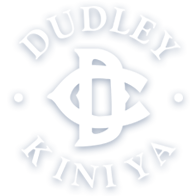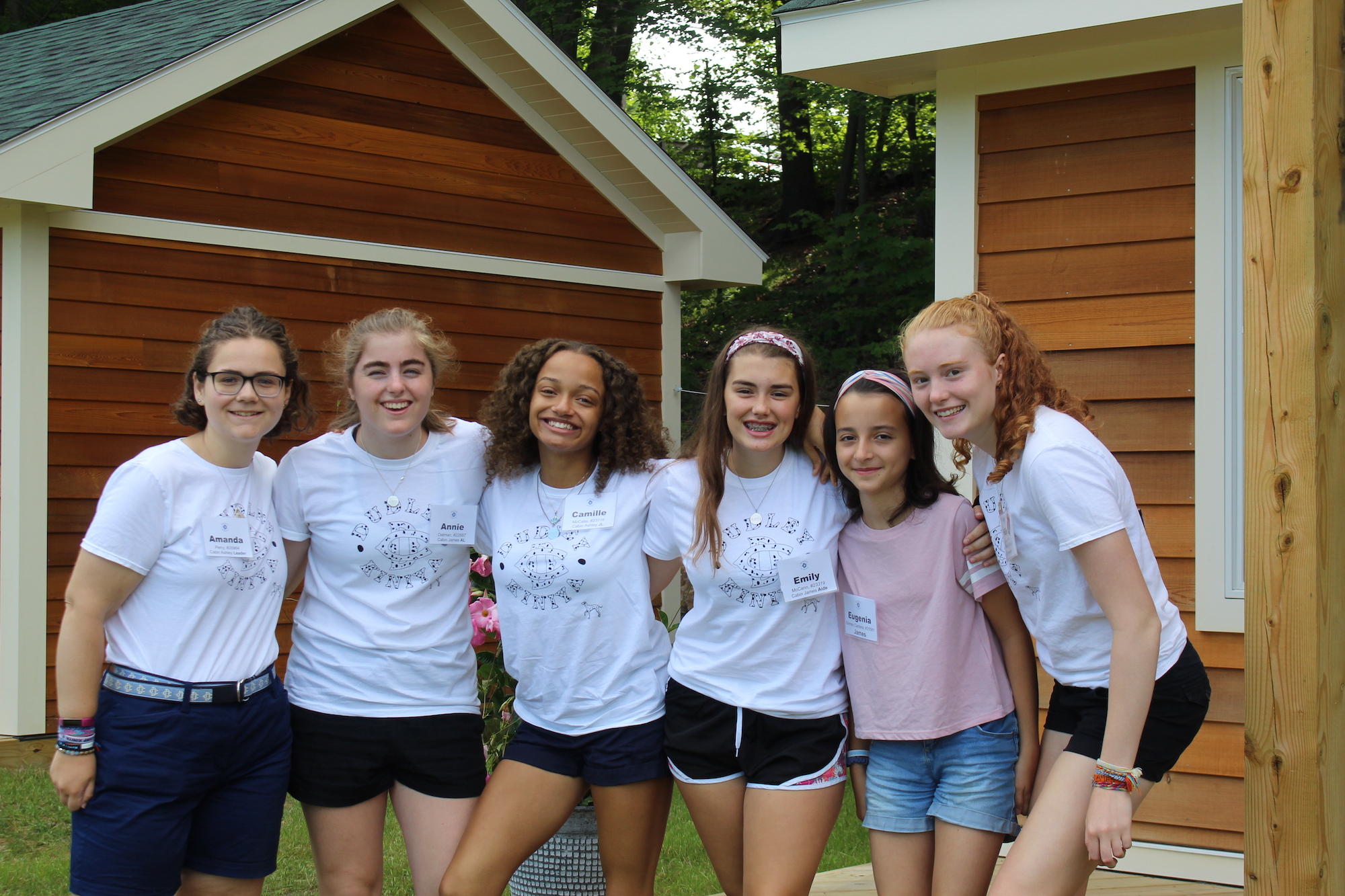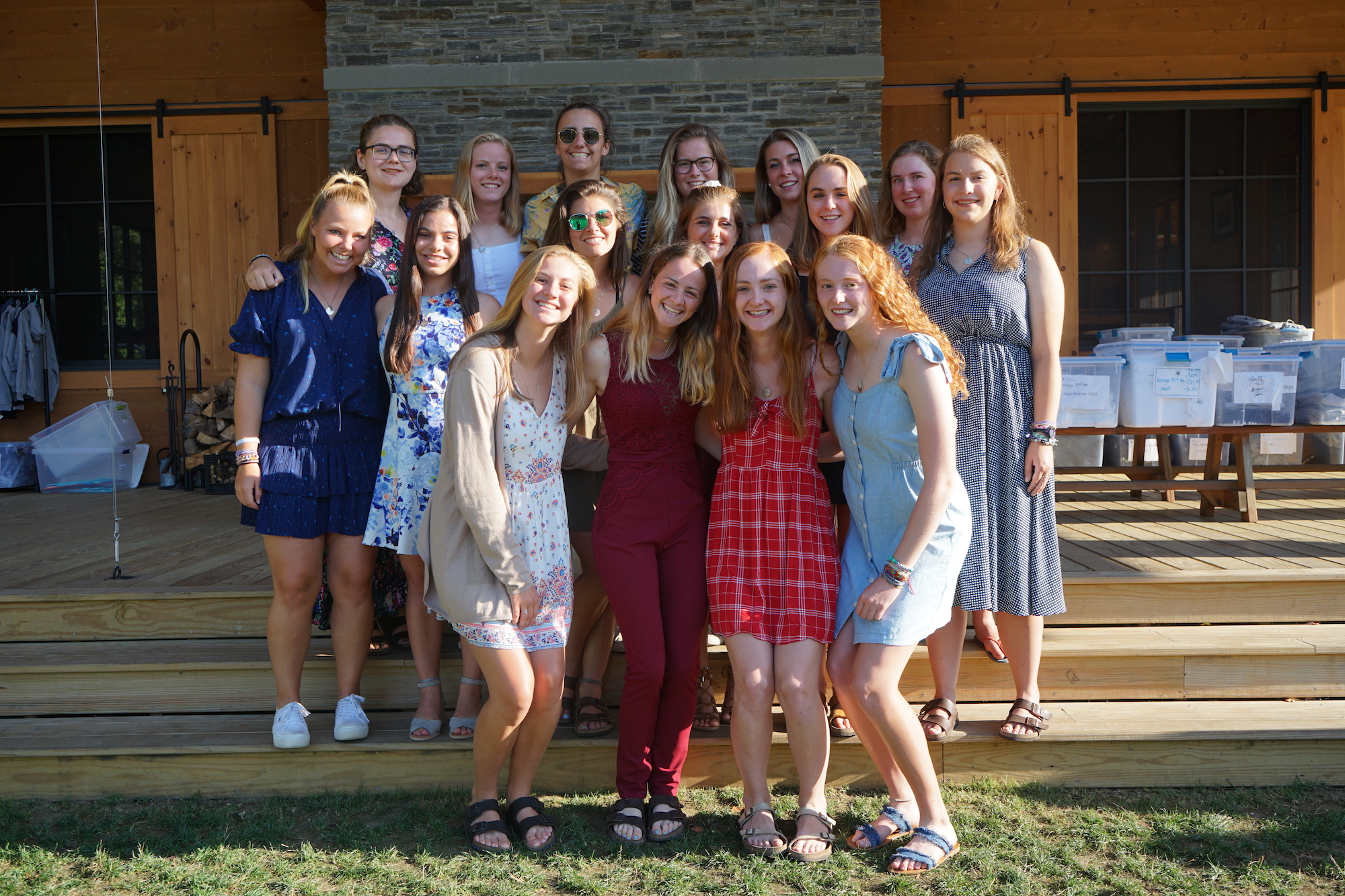Leadership at Camp Kiniya
A foundational aspect of the Dudley & Kiniya experience is leadership. Not only is leadership one of our core values, but it is a program in and of itself with a specific set of experiences that allows the young people in our program to embark on a journey of personal discovery. Our leadership program is experiential and builds confidence while also fostering a sense of how our young leaders can be of service to others and more fully live our motto, “the other fellow first.”
Leadership development starts the moment our campers arrive on campus. As campers, discussions around leadership are informal and built around their experiences in each area of our program. At age 15, our campers enter our more formal leadership development program: a process that builds from nurturing emerging leaders (Aides & JLs), growing the skill set of developing leaders (ALs & Leaders), and deepening the servant leadership concepts of our strategic leaders (Division Heads).
EMERGING LEADERS
AIDES
Aides grow from effective role models into individual contributors in their cabins and the camp community. As the first year as an emerging leader, this year is an introduction to more formal leadership. Aides will be exposed to a multitude of leadership styles, and will begin to discover their own style with the guidance of their leader and liaison. Through exposure to new concepts (such as leadership and interpersonal skills, self understanding and problem solving) Aides will be able to identify their own impact within the leadership network on campus. They will have a basic understanding of what their default leadership style is and an appreciation for the different and valid leadership styles of their peers.
JUNIOR LEADERS (JLs)
Junior Leaders at camp should now have an understanding of their impact in our camp community. This is an important and extremely fulfilling summer! As JLs prepare to move from emerging leaders to developing leaders, we want them to focus on feeling more confident in their role at camp. Communication, continued motivation, goal setting, and retention of skills from Aide summer are the focus of this year. Junior Leaders will start to build working relationships with their peers as well as Leaders and Program Staff. This should make them more comfortable giving and receiving more individualized feedback. At the end of the summer, JLs should feel ready to move onto the next phase of leadership.
DEVELOPING LEADERS
ASSISTANT LEADERS (ALs)
Assistant Leaders learn to understand and be confident in their leadership role at camp. During the past two summers, ALs have gathered lots of information about their style of leadership and what it means to be an effective leader. In their first year as developing leaders, it is now time to focus that knowledge. We want our ALs to improve their leadership performance by actively seeking feedback and communicating with their cabin leader and fellow leadership. ALs should offer assistance and guidance to the emerging leadership in their cabin and on their teams, allowing them to more fully understand mentorship and coaching. They continue to strive for personal leadership goals by working independently and in small groups. Assistant Leaders, at the end of the summer, should be able to define their leadership style and feel prepared to enter their first year as a Cabin Leader.
LEADERS
Leaders should be confident in their skills, but be willing to continue to learn and seek answers to questions that they may not have the answer to. With a strong understanding of the core values of Camp, Leaders should feel well equipped to act as role models. Leadership knowledge accumulated during prior summers should allow Leaders to feel confidence in their tone and direction when leading a cabin, team, or trip. Leaders should actively seek feedback from their peers on a weekly basis and find opportunities for mentorship from veteran Leaders and Staff. Leaders wear many hats at camp, but their priority and focus is always on the experience of the campers in their cabin. Leaders also play a critical role in the leadership development of the Aide, JL, and/or AL in their cabin and should continue to improve their own ability to balance positive/constructive feedback in conversations.
STRATEGIC LEADERS
DIVISION HEADS (D-HEADS)
Division Heads (D-Heads) wear many hats. They are cabin leaders, referees, public speakers, team leaders, and peers. While D-Heads have demonstrated a high degree of leadership capability, this role also demands that they are able to balance these myriad roles, especially when they oppose one another. Being a strategic leader means that D-Heads must create a vision for how they want their division to run – the tone, culture, and values – and then have a plan to create that for the Leaders and Campers who they are charged with leading. D-Heads must recognize the resources that they have at their disposal and make good use of them. D-Heads will begin interacting with key staff members on a frequent basis and should take these opportunities to absorb camp lore and culture as well as to aid in their continued leadership development. This role also requires interacting with peers on a critical basis and having to give feedback in a more pointed and specific way.
Leadership Ages
• Leaders At least one per cabin, 18 or older, with prior experience living in a cabin, helping to lead activities
• Assistant Leader or Junior Leader At least one per cabin, 16-17 years old, helping to lead activities
• Aide Up to one per cabin, 15 years old, living in Cub, Cats, or Junior cabins and participating in activities with Seniors
• Off campus, our partnerships with the National Outdoor Leadership School, NOLS, and with exchange programs at camps in Germany and Spain, provide the opportunity to learn through new experiences and challenges.




